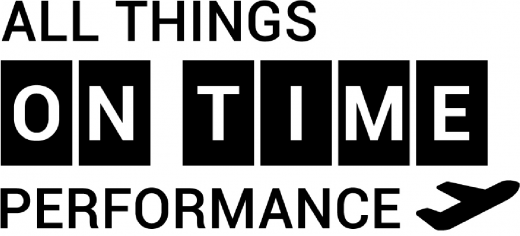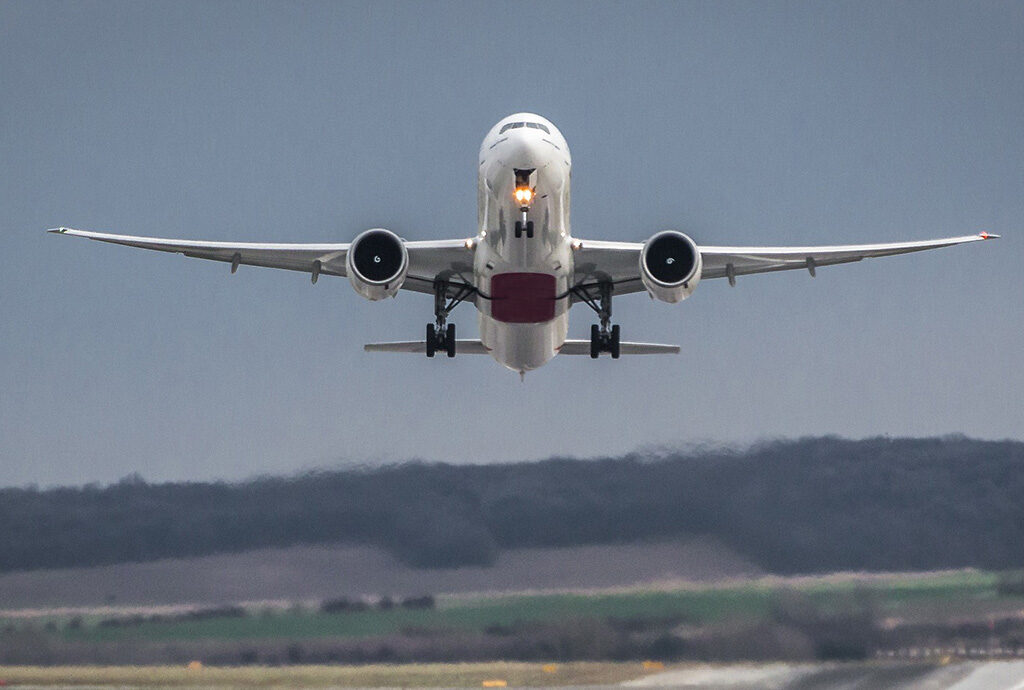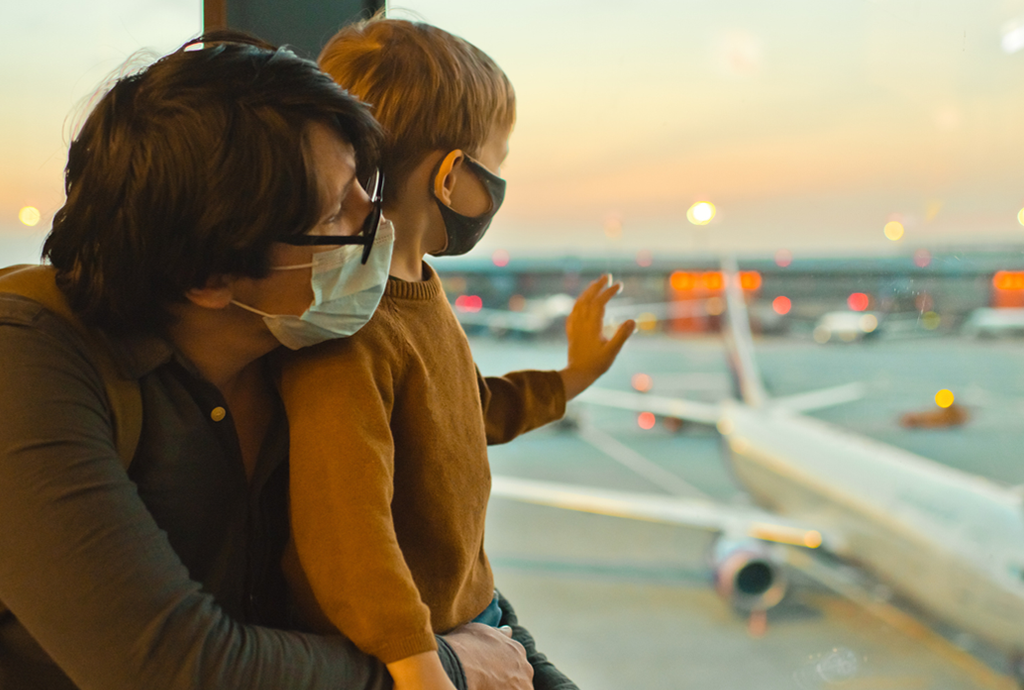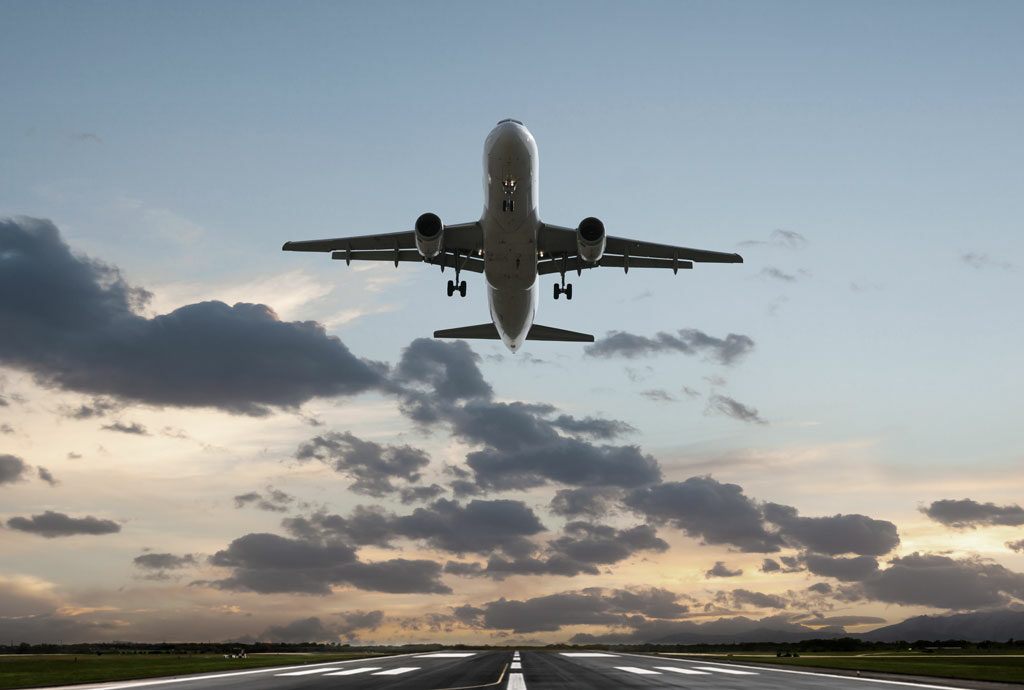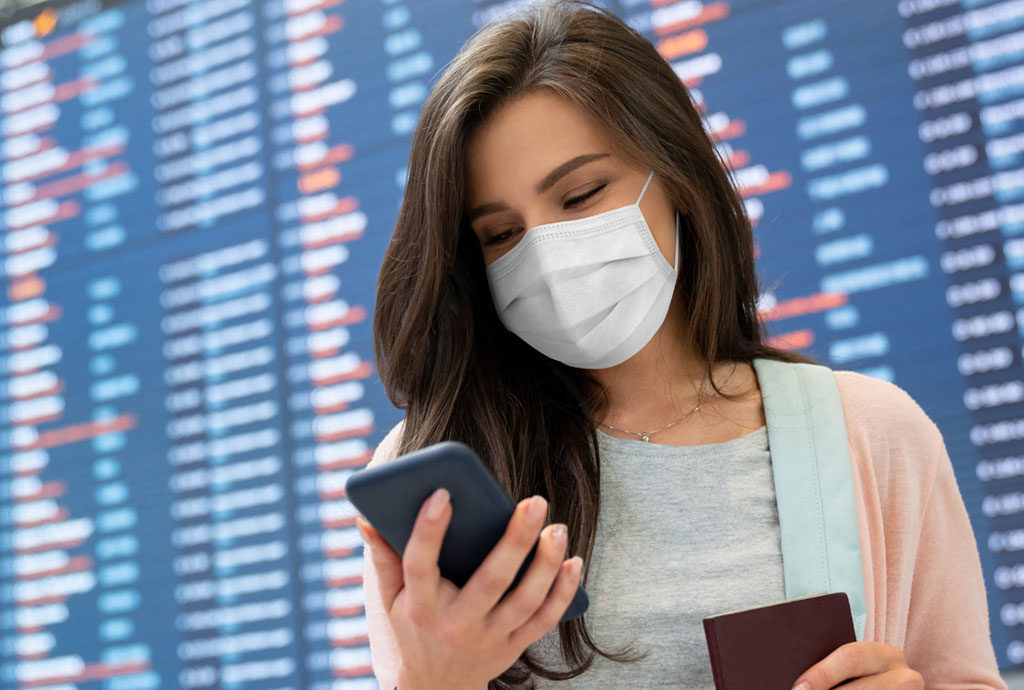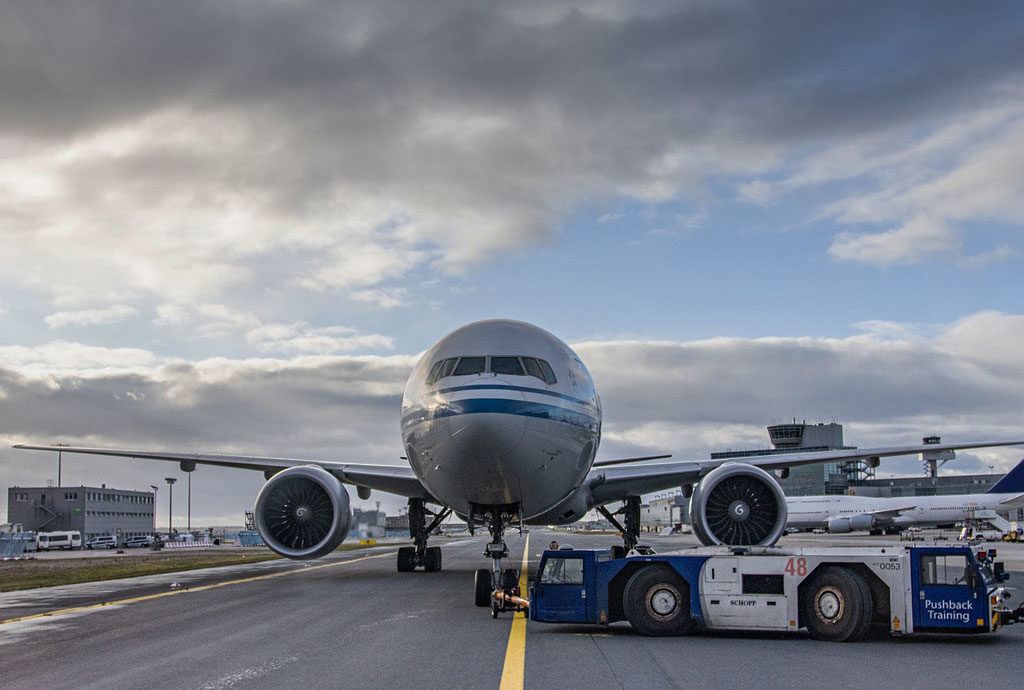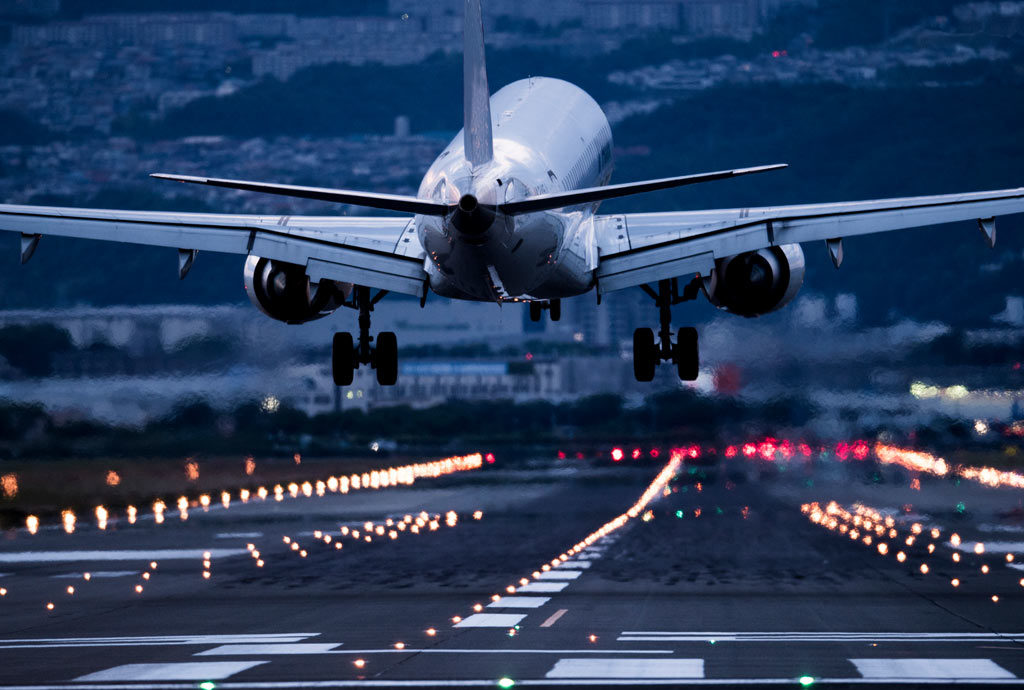Summer Travel 2021: How Can Airlines Prepare for Demand Take-off (vol. II)
Looking forward to a bright summer season 2021 – Airlines prepare for demand to rebound as experts predict an increase in leisure and “visiting friends and relatives” travel. However, the patchwork of quarantine and testing regulations that apply to different destinations is forcing carriers to plan their operations very carefully. How can they do that? Find out here.
Summer Travel 2021: How Can Airlines Prepare for Demand Take-off (vol. I)
After challenging months where carriers had to ground most of their fleets, optimism breaks out with an upturn in global capacity in recent weeks. Pent-up demand and the increase in vaccinations are moving planners to add more flights to their schedules. Read here how airlines can prepare for ramping up operations towards summer travel 2021.
Redefining Irregular Operations Amid COVID-19
Flight delays and cancellations are not only an inconvenience for passengers. They can bring aviation stakeholders high operational costs. With an ongoing pandemic that forces government regulations to change rapidly, the industry needs strategies to minimize the impact of flight disruptions. Read here, how operators can deal with irregular operations amid COVID-19.
COVID-19: Tips To Resume Flight Operations
To control another wave of Coronavirus, countries like Germany and the UK imposed another lockdown. Restrictions on international travel affected booking numbers, for which airlines had to cancel several flights. Now that these measures are about to be eased in the coming weeks, carriers need strategies to resume flight operations efficiently. Read here how to achieve that.
Planning For Enhanced Aircraft Cleaning in The New Normal
The cleanliness of an airplane has never been more important. In a recent IATA passenger survey, 79% of the respondents showed concern about catching COVID-19 on a flight. A thorough planning of aircraft cleaning measures is essential to reinstall confidence in air travel. Read here what managers can do to optimize the implementation of enhanced sanitizing.
COVID-19 and the Challenge of Managing Flight Schedules
The changing governmental restrictions and volatility in air travel demand make it difficult for carriers to have stable flight schedules. Booking cancellations and flight delays due to COVID-19 further spread results in high operational costs. This situation also impacts passengers´ confidence to travel again. Read here, what carriers can do to improve their schedule management.
The Pilot Factor in On-Time Performance
The ever-increasing expectations for air travel put pressure on
on-time performance. To what extent do punctuality goals affect pilots?
4 Post-COVID-19 Strategies To Cut Airline Costs
While the carrier industry seeks to get more and more planes back to the skies, passenger traffic is likely to take longer to fully recover. To ensure the continuity of operations, the implementation of strategies to reduce airline costs becomes a priority. Read here, how spending could be better managed in Post-COVID times.
Dos and Don’ts For Carrying Cargo On Passenger Aircraft
Following the disruption in travel demand caused by the coronavirus, airlines are using their commercial jets to exclusively transport freight. Since the passenger cabin is not designed for this purpose, carriers have to adapt to a series of regulatory requirements. Read here, what are the Dos and Don´ts for carrying out such operations.
On-Time Performance As A Tradeoff
Increasing air traffic has airline and airport executives laser-focused on on-time performance (OTP). This emphasis, however, is not without potential tradeoffs which must be managed. Read here how aviation professionals are dealing with this.
